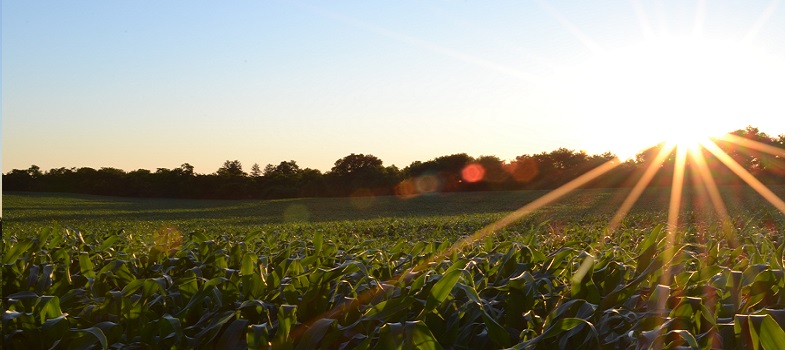Living Labs and knowledge
At their simplest, Living Labs are about collective ways of finding solutions to real-life problems in real-life settings. They also assume that the knowledge required to define and develop these new solutions does not just come from researchers, but also from the other participants in the Living Lab, and that this knowledge can be either tacit or explicit as explained by Genevieve Nguyen of INRA in France (see Box 1.1 below).
Box 1.1 Tacit and explicit knowledge
AgriLink Practice Abstract 26: Tacit and explicit knowledge: Their usefulness for changing practices [Tip: hold Ctrl and click a link to open it in a new tab. (Hide tip)]
Since the 1950s, the promotion of the conventional agricultural model has been based on the dissemination of standardised technical messages from researchers to farmers, supported by agricultural advisors. The technical knowledge disseminated is part of a category of knowledge termed ‘explicit’ because it can be easily formalised and transferred.
Farmer-led innovation requires a second type of knowledge, termed ‘tacit’. Contrary to explicit knowledge, tacit knowledge is acquired through learning-by-doing, problem-solving and practical experiences. The farmer observes changes in his environment, identifies possible problems, searches for and experiments with solutions, corrects for errors, then chooses the most appropriate solution for him. By doing so, the farmer develops his skills and innovative capability.
Exchanges with other farmers within a community of practice and beyond foster the accumulation of tacit knowledge by allowing the entry of new members with different knowledge, and by developing deliberation and legitimation processes. Tacit knowledge can then be converted into explicit knowledge to facilitate its dissemination.
In this process, farmers are considered as experts and agricultural advisors become facilitators of the exchanges. Acknowledging the central role of tacit knowledge can thus help the different stakeholders – farmers, advisors and policymakers – to co-construct innovative technical references and agricultural services that meet the needs of each farmer and are adapted to an increasingly constrained and uncertain environment.
More information on this topic can be found in this AgriLink Theory Primer on Knowledge and organisational learning for innovation.
Session 1 Living Labs
